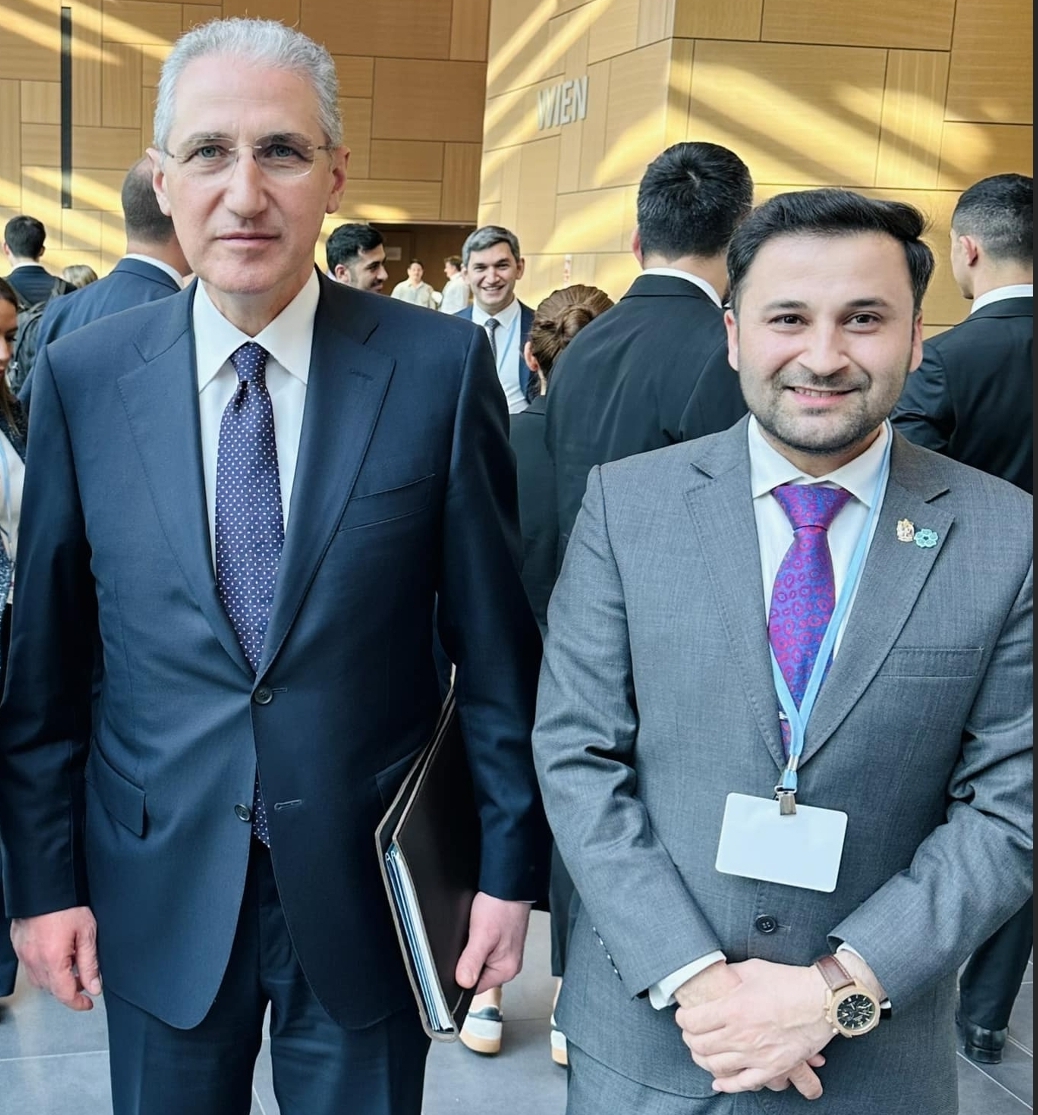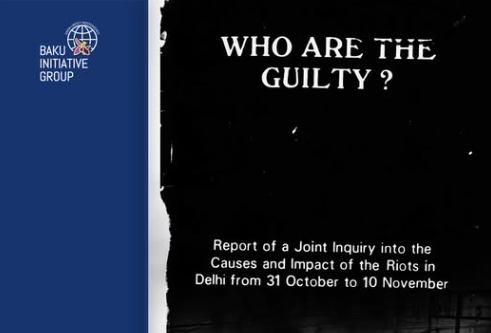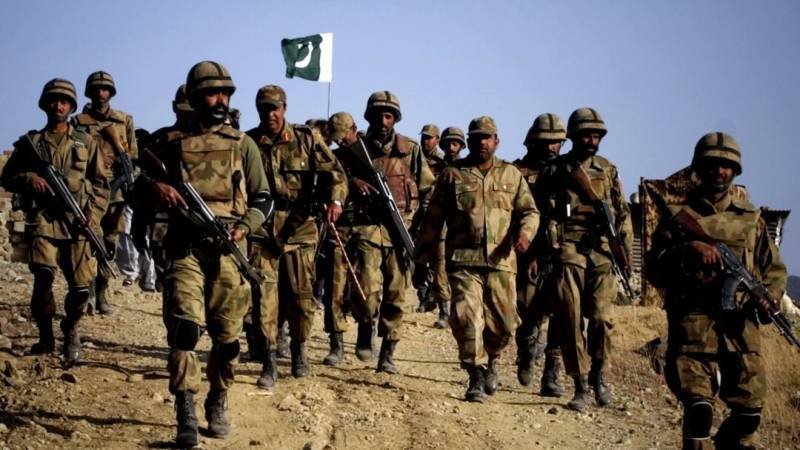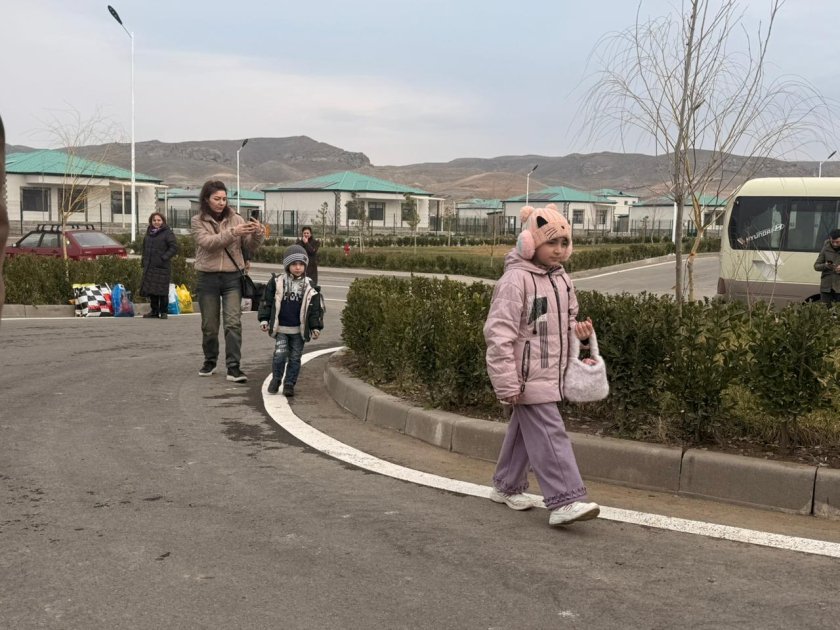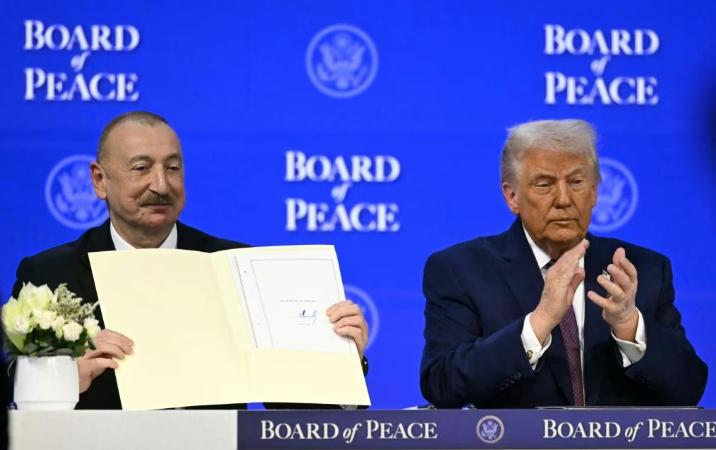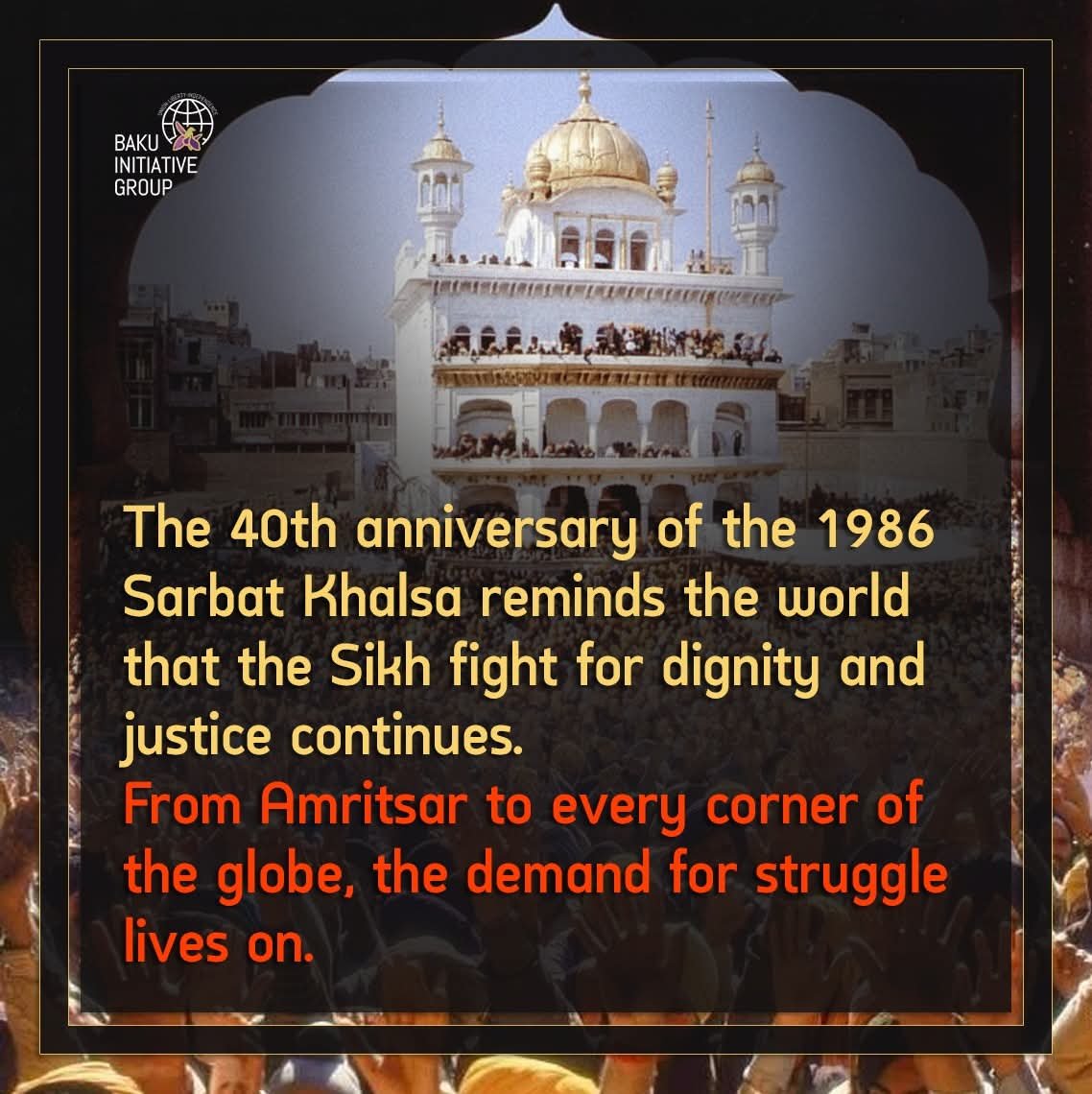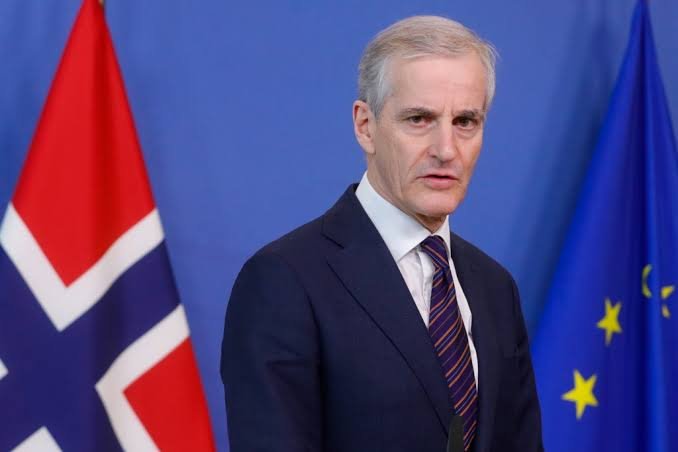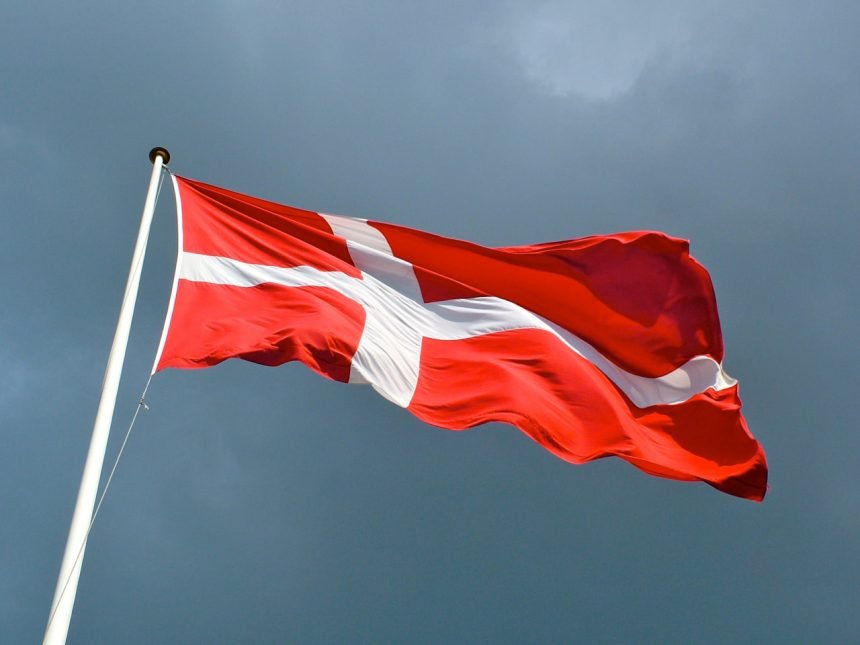A Vision for Ambitious and Inclusive Climate Action
The upcoming UNFCCC COP 29, set to take place in November 2024 in Baku, Azerbaijan, under the presidency of Mukhtar Babayev, Azerbaijan’s Minister of Ecology and Natural Resources, is poised to be a landmark event in the global fight against climate change. Babayev’s recently published letter outlining the Presidency’s vision “to enhance ambition and enable action” sets a robust and inspiring agenda, reflecting a deep commitment to addressing the climate crisis through comprehensive and inclusive strategies.
The theme “In Solidarity for a Green World” encapsulates the essence of COP 29’s approach. This theme is not merely a slogan but a guiding principle that underscores the interconnectedness of our global community in combating climate change. The upcoming conference is described as “a litmus test” for the Paris Agreement, global climate action, and international cooperation, with a particular focus on achieving a new collective quantified goal (NCQG) on climate finance. This goal is central to ensuring that the financial mechanisms are in place to support ambitious climate action, especially in developing countries.
The COP 29 Presidency’s vision is built on two mutually reinforcing pillars: enhancing ambition and enabling action. Enhancing ambition involves setting out clear plans to keep the 1.5ºC temperature goal within reach. This includes ambitious, comprehensive, and robust nationally determined contributions (NDCs), National Adaptation Plans (NAPs), and Biennial Transparency Reports (BTRs). By doing so, the presidency aims to ensure that no one is left behind in the transition to a sustainable future.
Enabling action focuses on the means of implementation and support. This involves agreeing on a fair and ambitious NCQG on climate finance and finalizing the operationalization of Article 6, which pertains to cooperative implementation. These steps are crucial for mobilizing the necessary resources and facilitating international cooperation to address the multifaceted challenges posed by climate change.
The letter outlines several key milestones and collaborative networks that will be instrumental in achieving the presidency’s vision. A heads-of-delegation-level retreat in Azerbaijan from July 26-27, the appointment of a ministerial pair for the NCQG negotiations (Denmark and Egypt), and a high-level energy dialogue during the 79th session of the UN General Assembly (UNGA) and the New York Climate Week are among the significant events planned.
During COP 29, the Presidency will convene the World Leaders Climate Action Summit, leader-level dialogues on key topics, and thematic days to showcase new initiatives, celebrate successes, and share best practices. These events will provide a platform for meaningful discussions and foster collaboration among diverse stakeholders.
The principles of action outlined in the letter emphasize the importance of the latest science and the outcomes of the first Global Stocktake (GST). Engaging global, regional, national, and subnational groups ensures a holistic view of sustainable development and an inclusive process that delivers inclusive outcomes. This approach recognizes that climate action must be integrated with broader development goals to be effective and sustainable.
The COP 29 Presidency’s vision also highlights the need for coordinated efforts across various sectors, including finance, trade and investment, energy, biodiversity, sustainable agriculture, water, science, technology and innovation, sustainable urbanization, and health. This comprehensive approach acknowledges that climate change is a crosscutting issue that impacts all aspects of society and requires integrated solutions.
The presidency welcomes the support of diverse actors, including the G7 and G20, in demonstrating leadership and action to address the climate crisis. The G7’s commitment to submit 1.5-aligned NDCs, phase out existing unabated coal power generation during the first half of the 2030s, and contribute to the new climate finance goal is particularly commendable. Similarly, the upcoming G20 leaders’ summit in November will be a critical moment to support enhancing ambition and enabling action.
Azerbaijan’s collaboration with Brazil as the COP 30 and G20 Presidency, and with other G20 member countries, underscores the importance of international cooperation. The Baku to Belem (B2B) initiative, aimed at enhancing ambition and enabling action, will further global climate action in this critical decade to keep the 1.5ºC goal within reach.
The COP 29 Presidency is also building linkages among the Rio Conventions on climate change, biodiversity, and desertification to ensure coordination, leverage synergies, and cooperate on crosscutting issues. Collaboration with the Colombian Presidency of COP 16 to the Convention on Biological Diversity and the Saudi Presidency of COP 16 to the Convention to Combat Desertification is a step in the right direction.
Global financial institutions play a significant role in supporting developing countries in their climate action efforts. The presidency’s call on multilateral financial institutions like the World Bank, IMF, and others to deliver a step change on climate action is timely and necessary. Ensuring that these institutions are actively engaged and responsive to the urgency of the climate crisis is essential for mobilizing the required resources.
The private sector is a critical partner in delivering climate action at scale. The COP 29 UN High-Level Champion, Nigar Arpadarai, is leading efforts to involve the private sector in the conference. Programs with SMEs to collaborate on best practices, build capacity, and create partnerships with global companies and financiers are planned. Focusing on climate innovators and “green disruptors” ensures that they have the funding, training, and resources necessary to implement and scale climate solutions.
During COP 29, the Business and Philanthropy Forum will provide a platform for investment partnerships with multilateral development banks that cover all economic sectors. This forum will highlight key priority areas of innovation, including water, renewable energy, zero and low-emission technologies, and food security, among others.
The vision outlined by COP 29 President Designate Mukhtar Babayev is a comprehensive and inclusive roadmap for ambitious climate action. By enhancing ambition and enabling action through collaborative networks and integrated solutions, COP 29 is set to make significant strides in addressing the climate crisis. The emphasis on solidarity, inclusivity, and a holistic approach to sustainable development is commendable and reflects a deep commitment to a greener, more resilient world. The global community must rally behind this vision and work together to turn it into reality, ensuring that we leave no one behind in our pursuit of a sustainable future.

Mr. Qaiser Nawab, a global peace activist, is a distinguished international expert specializing in the Belt and Road Initiative (BRI), Afghanistan, Central Asia and founder of the Belt and Road Initiative for Sustainable Development (BRISD), a newly established global think-tank headquartered in Islamabad, in conjunction with the one-decade celebration of BRI.
Mr. Qaiser Nawab, a global peace activist, is a distinguished international expert specializing in the Belt and Road Initiative (BRI), Afghanistan, Central Asia and founder of the Belt and Road Initiative for Sustainable Development (BRISD), a newly established global think-tank headquartered in Islamabad, in conjunction with the one-decade celebration of BRI.
